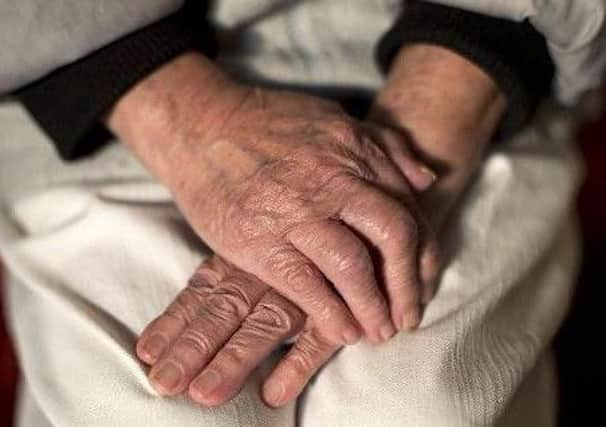Concern over sharp rise in dementia diagnosis rates


Three GP practices in Coalilsand, Ballygawley and Cookstown have a diagnosis rate higher than 35 patients per thousand over 50.
Their rates, 38, 42, and 55, which were released by the news website The Detail, were amongst the highest in the North.
Advertisement
Hide AdAdvertisement
Hide AdThe number of people being diagnosed in the Southern Health Trust area, which included the Dungannon District, has risen dramatically over the past five years.
There are now 2,301 patients in the local area officially diagnosed with the disease, a rise of just over 22 percent from 2010, according to figures released by the Department of Health.
However, it’s believed that many sufferers have yet to receive an official diagnosis.
The figure has risen steadily each year since 2010,
The shock rise was the second highest rise of any Health Trust area in the North, with the South Eastern Trust recording the steepest increase at 26% and the Belfast Trust the lowest at 15%.
Advertisement
Hide AdAdvertisement
Hide AdOne in six dementia patients in Northern Ireland were not reviewed by their GP for over a year, The Detail revealed.
An analysis of Department of Health data for 2015/16 has shown that more than 2,000 patients diagnosed with dementia did not have a face-to-face medical review by their GP for at least 15 months.
There are 13,600 people in Northern Ireland who currently have a diagnosis of dementia but it is estimated that a further 7,000 people remain undiagnosed and untreated for dementia.
Stormont’s Department of Health said it is not mandatory for GPs to review dementia patients within 15 months but confirmed that GPs receive a government payment under the Quality of Outcomes Framework (QOF) for reviewing between 55%-70% of dementia patients within this timeframe.
Advertisement
Hide AdAdvertisement
Hide AdThe Commissioner for Older People for Northern Ireland Eddie Lynch described the figures as “alarming” and said: “Living with dementia is difficult and often distressing for the person and for their families and friends. It is crucial that any care needs assessed at diagnosis are met in full.
“Whilst the figures provided by The Detail are alarming, care for people with dementia is often assessed and provided by memory clinics and multidisciplinary teams, not solely the GP.
“However, it is important that [Health and Social Care] Trusts look at the reasons why 2,000 patients did not have a face to face medical review by their GP for at least 15 months and consider if they are receiving the appropriate treatment.”